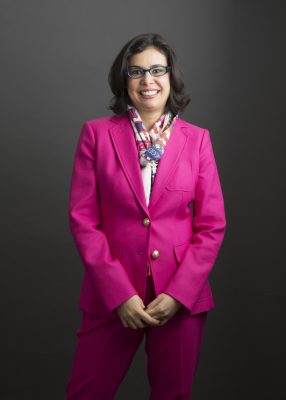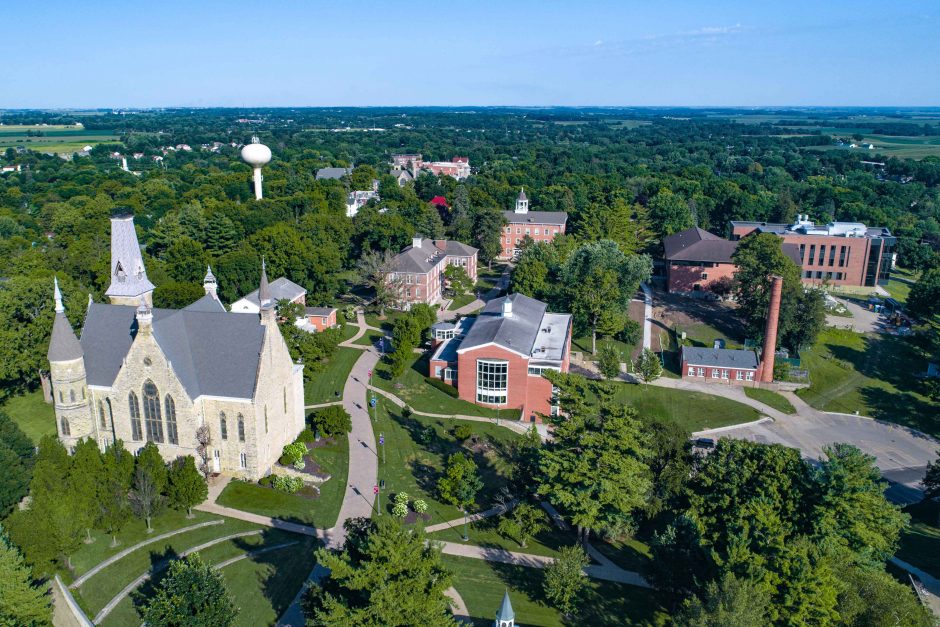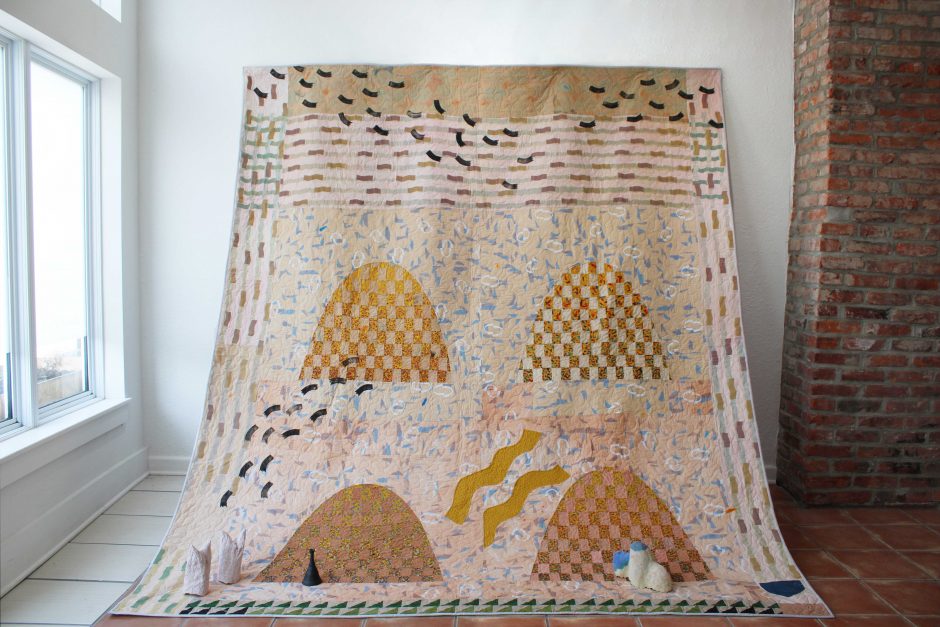Finding your village 8,000 miles from home
According to an African proverb, “it takes a village to raise a child.” Sometimes that village may be very far from your home.
“I found my village at Cornell,” says Roshan Iqbal ’00, who came to Cornell from Karachi, Pakistan, nearly 8,000 miles away. The Hilltop turned out to be the village that changed her life and sent her along a career path that would lead to a doctorate from Georgetown and an assistant professorship at Agnes Scott College.
 Iqbal came to Cornell intent on getting a degree in economics and business and then returning home to work in the family business. “But three weeks after classes started at Cornell, I knew I wanted to be a professor,” she says.
Iqbal came to Cornell intent on getting a degree in economics and business and then returning home to work in the family business. “But three weeks after classes started at Cornell, I knew I wanted to be a professor,” she says.
Her journey has been spiritual, personal, intellectual, and of course, geographical.
“I am the oldest of five daughters,” she says. “My father didn’t want me to come to the U.S. to study, so I studied accounting after I finished high school and kept pestering him. He finally relented, but only if I waited until my next younger sister finished high school so she could come with me.”
When her sister Roohi Iqbal ’01 graduated, they headed off together to Cornell, which gave Roshan a year of college credit for her CPA courses. She graduated with an economics and business degree.
She headed to Tufts University where her interest in Islam deepened. While working on her master’s degree, she decided to pursue her doctorate but needed to learn languages in order to become a scholar of Islam. She enrolled at Cambridge University in England to study Arabic and Persian while earning a master’s degree in Islamic Law, modern Muslim intellectuals, and gender and sexuality.
When Iqbal left Pakistan she had no idea she would be a religious scholar. With her awakened interest in Islam, she’s found that studying and working in the West makes it more difficult to stay connected to her religion.
“Some people think Islamophobia is an individual attitude that can be addressed with education. I think it’s much more structural. It’s a social issue,” she says. “Young Muslims want what everyone else wants: social mobility. Too often they’ve been treated as ‘the other,’ rather than being integrated into society. We need to recognize that and remove barriers these young people encounter.”
Iqbal’s experience in the U.S., and particularly within the Cornell community, gives her cause for optimism. Two of the main reasons are Professor Emeritus of Chemistry Addison Ault and his wife, Janet Ault ’78.
“They gave me extraordinary emotional support during graduate school. They even helped me out financially, even though they had five children of their own,” she says. “I couldn’t have made it through graduate school without them.”
Over the years, the Aults have been to four Iqbal family weddings, including one in Pakistan. As Iqbal reflects on one of the most important people in the village who launched her career, she says, “I hope I can have the same effect on students that Addison has had during his career.”



